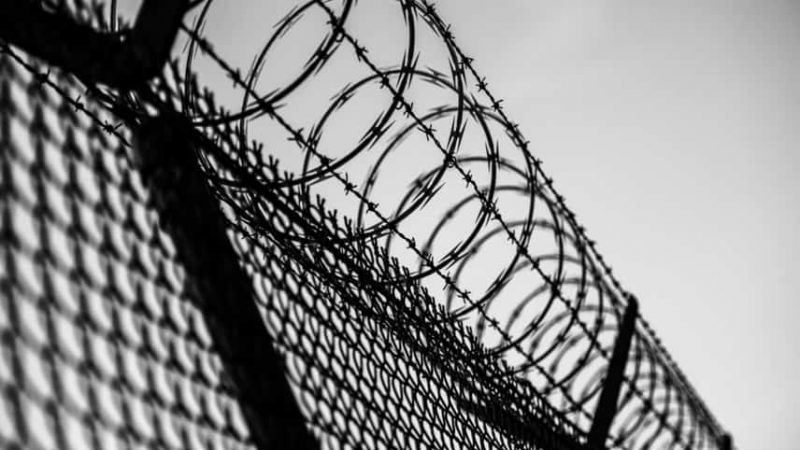Tennessee Bill Would Make It Easier for Ex-Convicts to Get Jobs
Lawmakers are right to seek occupational licensing reform.


In Tennessee, a new bill would make it easier for ex-convicts to find work by easing the burden occupational licensing boards place on people released from prison. If the bill became law, boards could only deny licenses based on past crimes that are directly related to the sought-after occupation, preventing arbitrary discrimination against people with criminal histories.
"When the prison doors open and it is time for those who have served their time to be returned to our communities, one of the most critical factors to keep them from re-offending is an opportunity to make a living," said Republican Senator Kerry Roberts. "This bill helps remove barriers that exist in licensing so that they have access to employment as long as the offense does not directly relate to the occupation or profession."
"Last year there were over 13,000 felons released out of our jails and prisons in Tennessee with over 2,200 released from Shelby County," said Democratic Senate Minority Leader Lee Harris. "The most important thing we can do to ensure these folks don't return is to provide them with a path to employment."
Occupational licensing boards remain a significant problem for those seeking employment after prison. As Reason's Eric Boehm reported:
In 29 states, occupational licensing boards are allowed to reject applications from anyone with a felony conviction. In Illinois, for example, a criminal record automatically disqualifies people from obtaining 118 different state licenses, preventing them from pursuing work as barbers, massage therapists, roofers, cosmetologists, and dozens of other professions.
Around a quarter of persons in the U.S. had to acquire an occupational license in order to practice their current profession, up from only 5 percent of persons in 1950. And in many states, no matter how unnecessary the license my seem (be it a florist license, horseshoeing license, or a milk testing license), ex-offenders can be prevented from obtaining permission to work if they have a criminal record.
Tennessee is one of the of harsher regulatory states with respect to occupational licensing. The Institute for Justice ranks the state as the 13th most "broadly and onerously licensed state." According a press release relating to the bill, Tennessee requires a license for 110 jobs and nearly every licensing board can deny a license due to past crimes, including misdemeanors.
This bill marks a potential step in the right direction, and measures like these may even slow the current rate of incarceration. With fewer options to earn a living, formerly incarcerated persons are more likely to be drawn to a life of crime.


Show Comments (4)